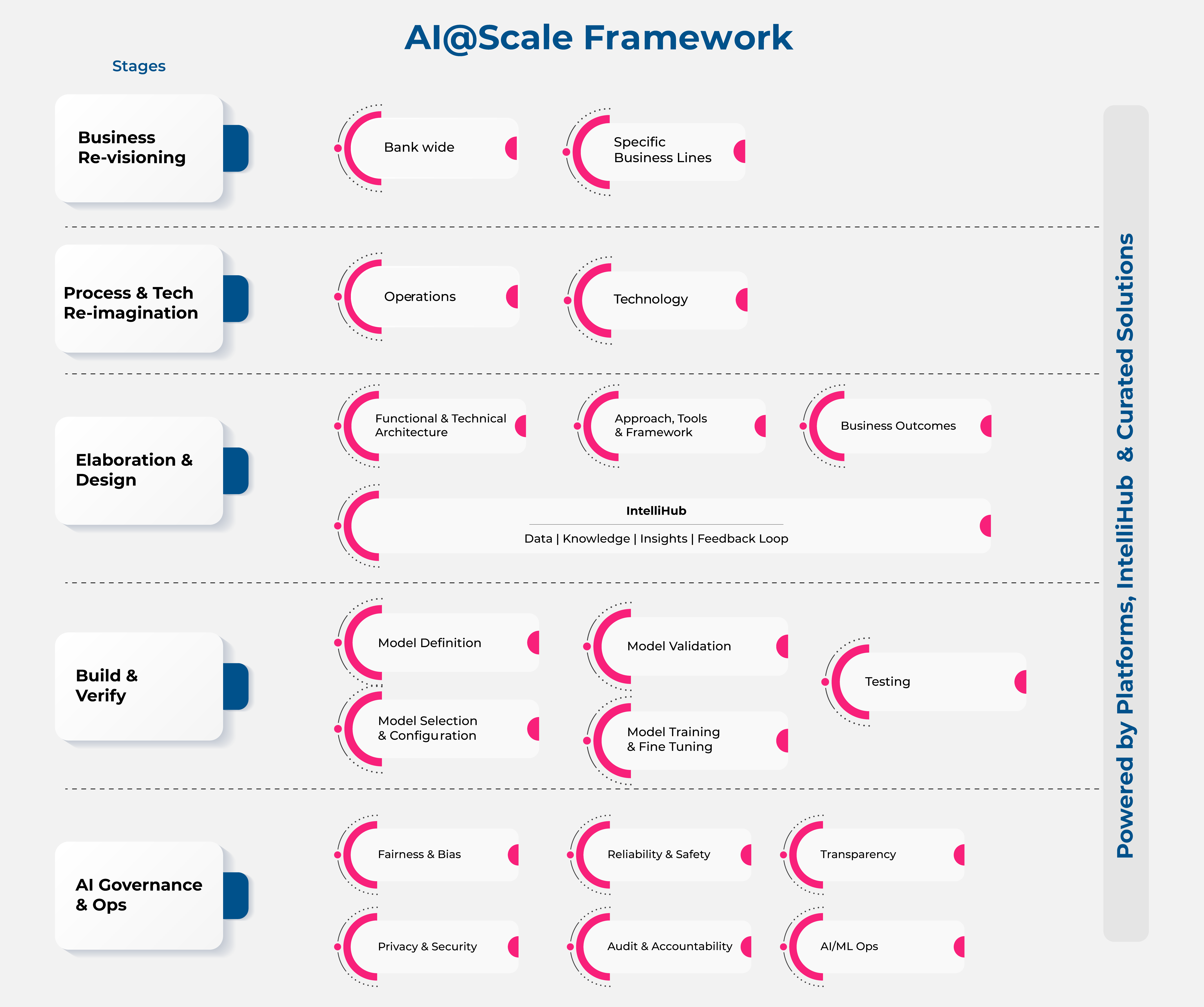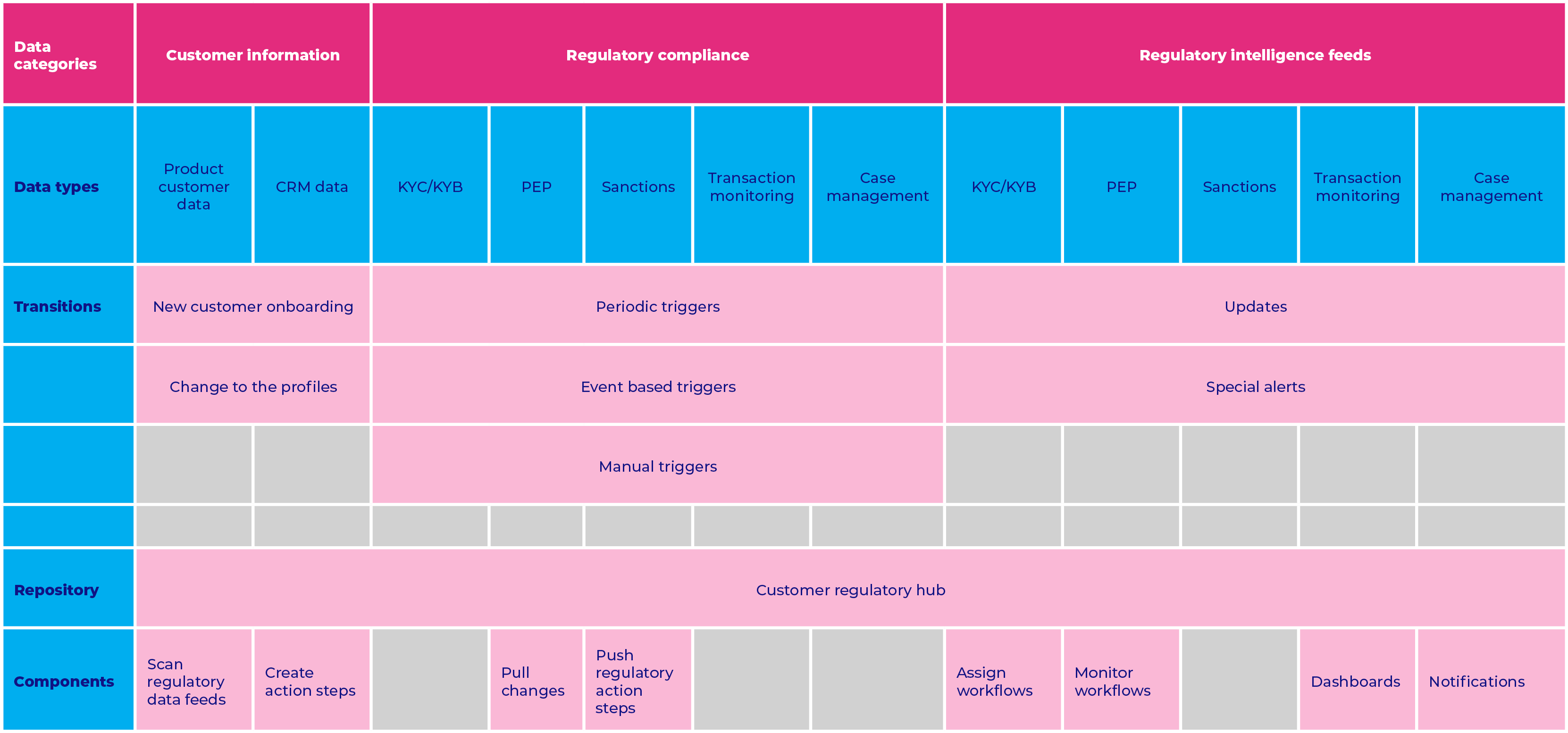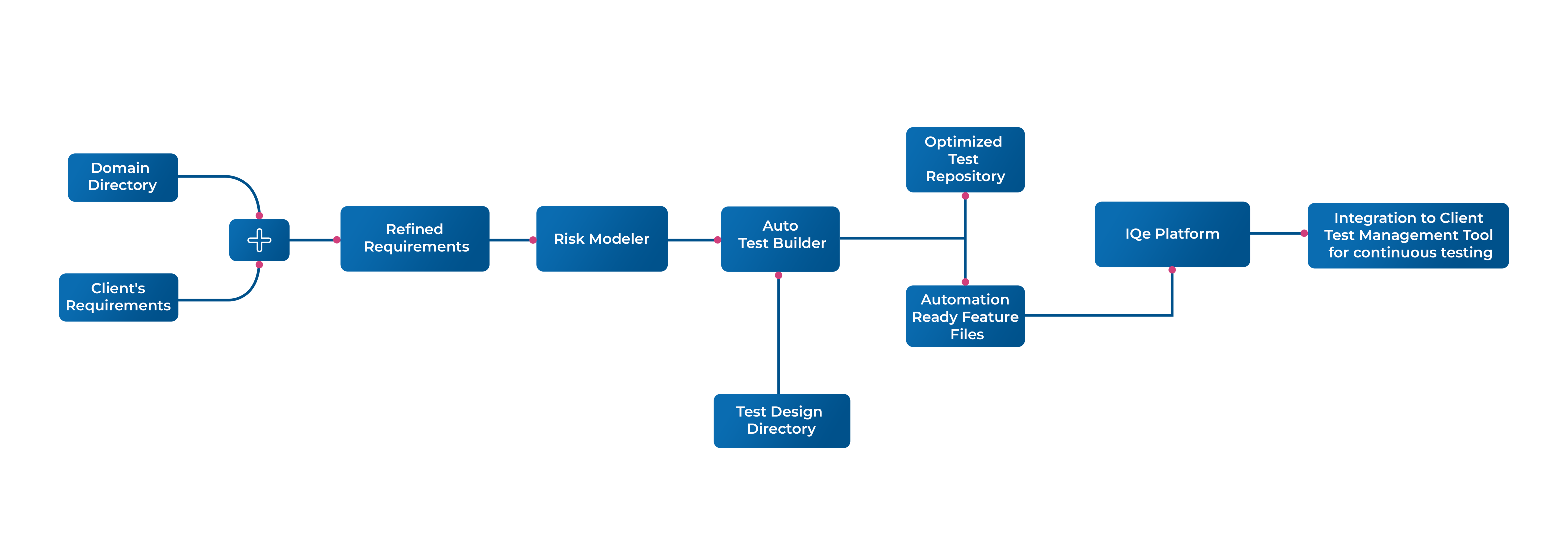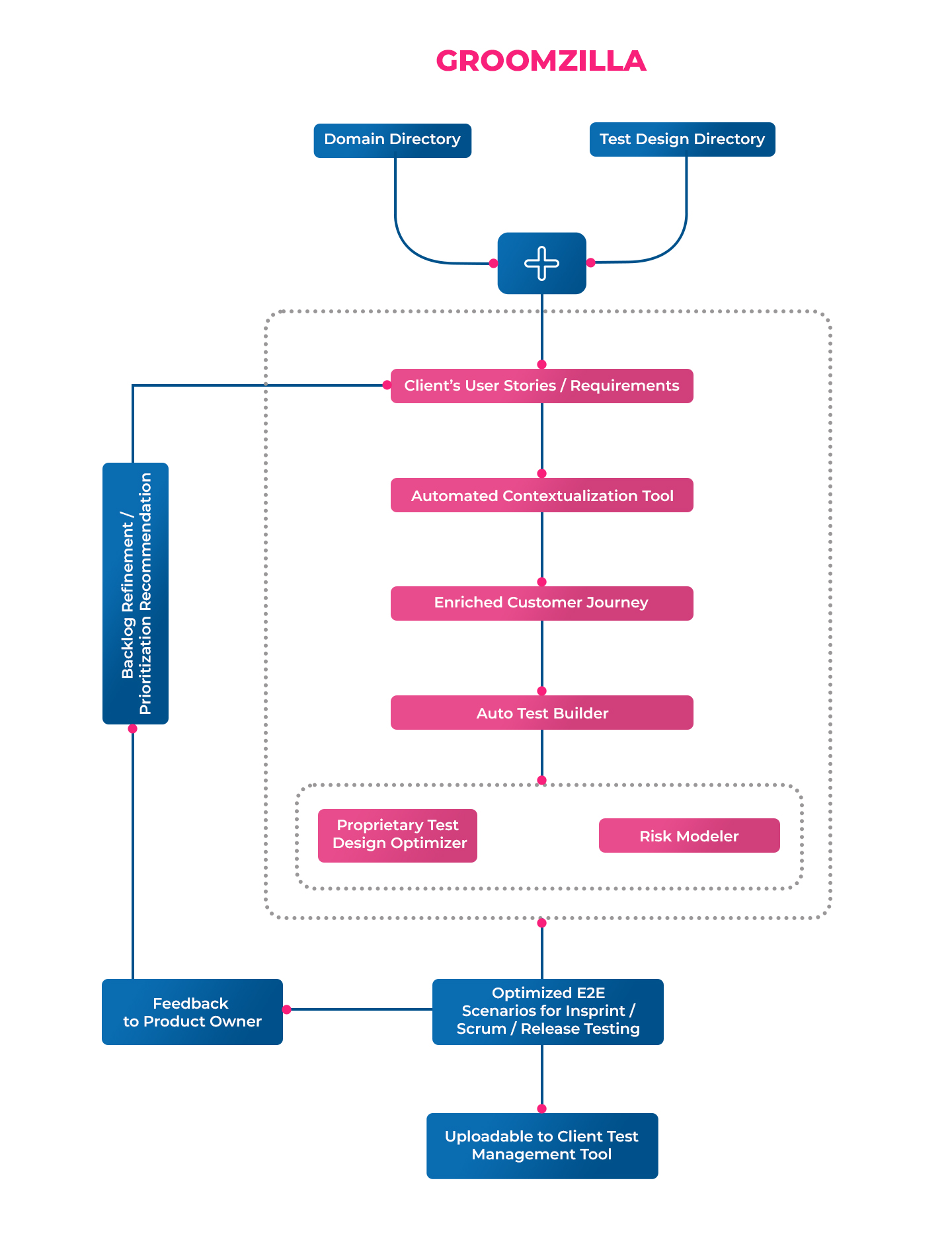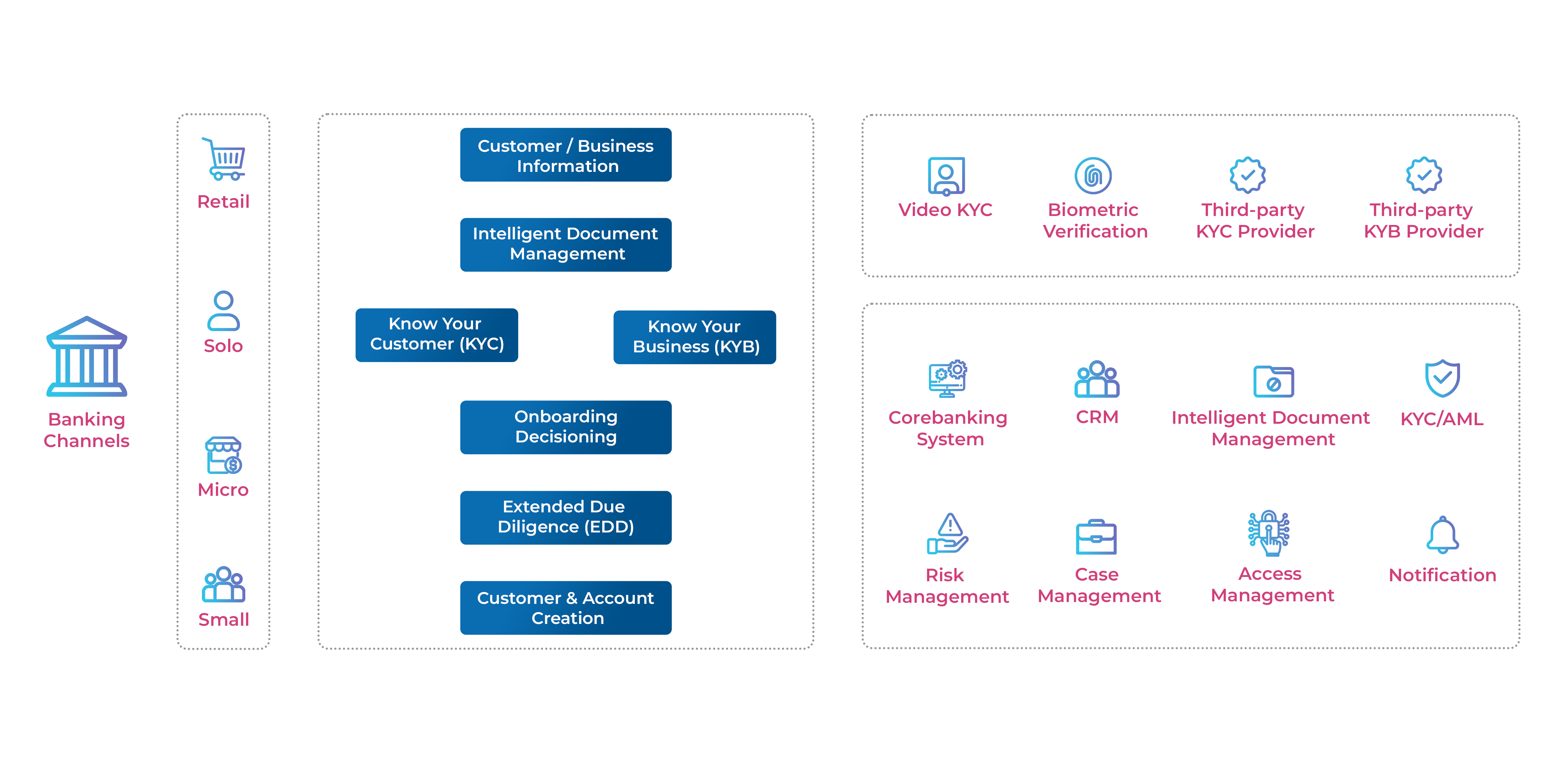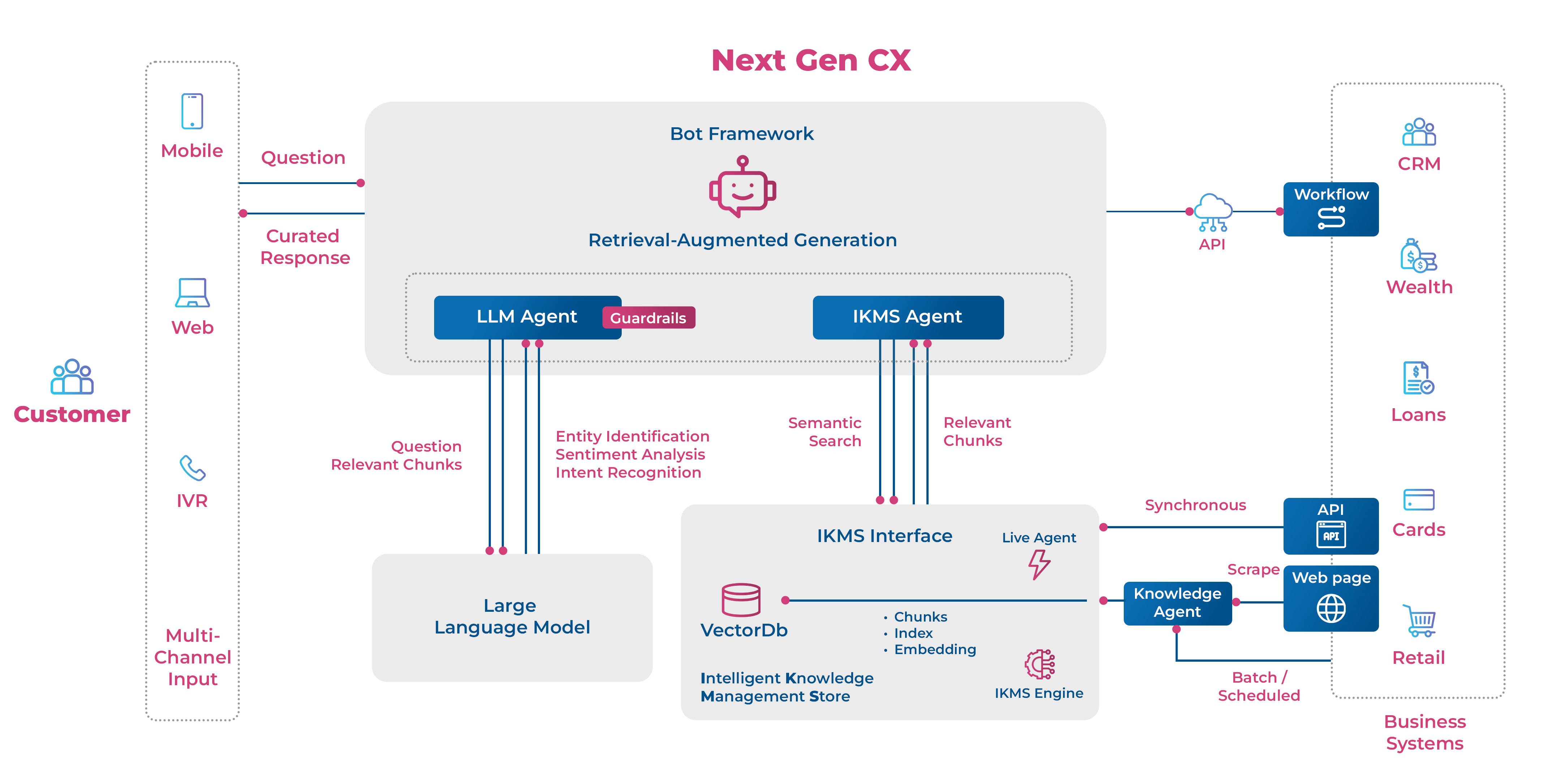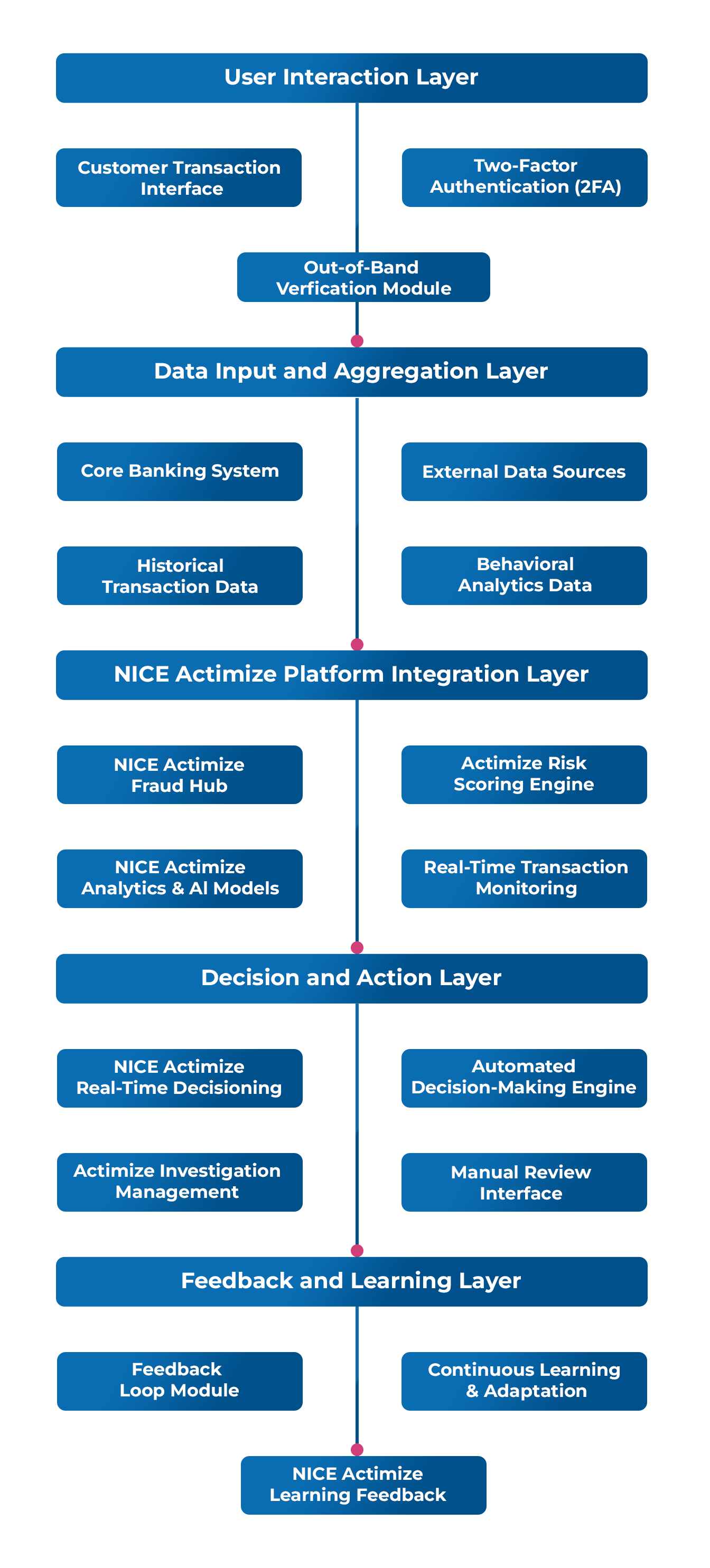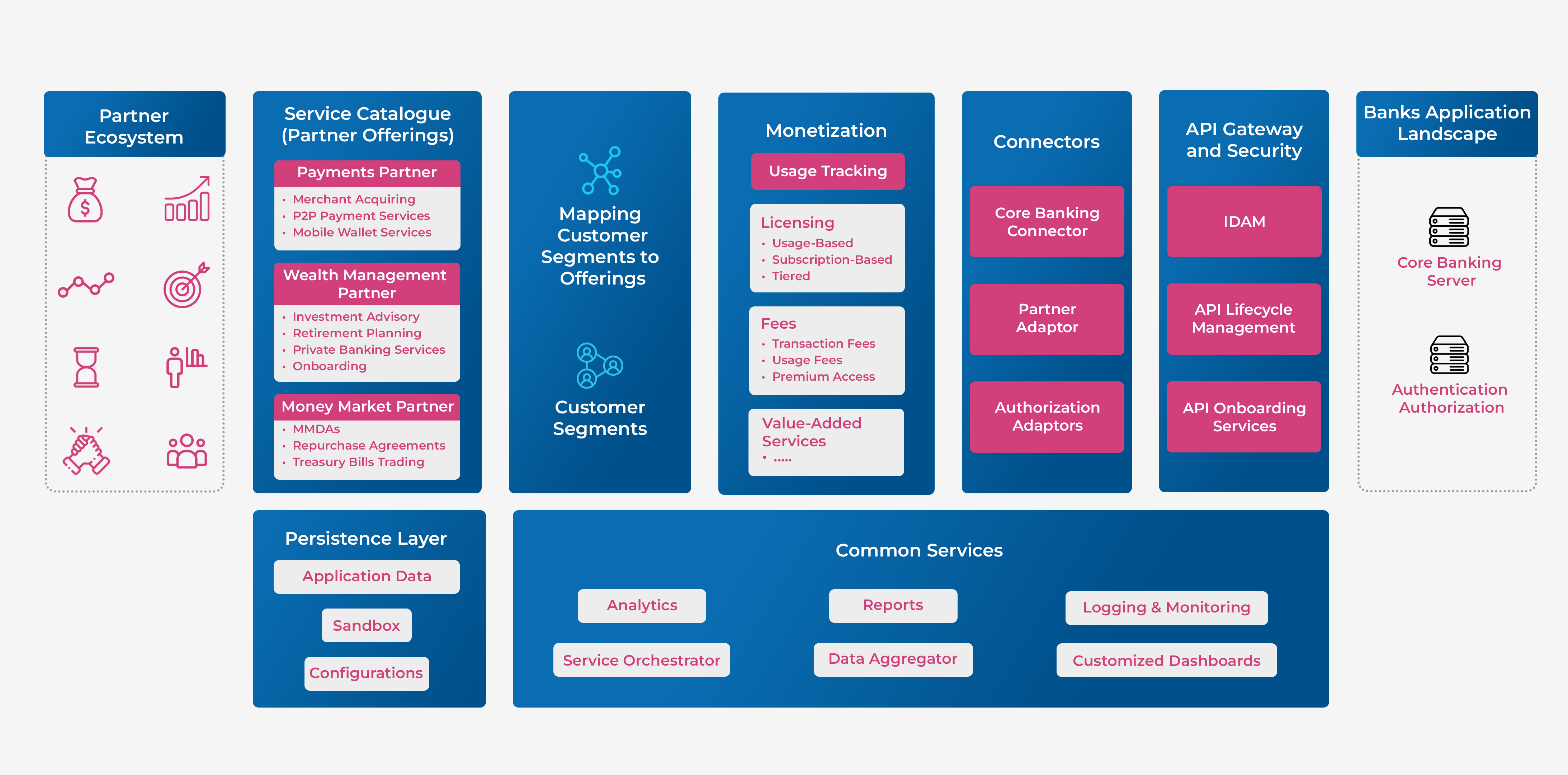Why Digital corporate banking modernization is a must for corporate banks in 2024

The world of corporate banking is undergoing a rapid digital transformation. Outdated systems and manual processes are becoming significant bottlenecks, hindering banks’ ability to meet the evolving needs of their corporate clients. Modernizing digital corporate banking isn’t merely a trend to follow – it’s now a strategic imperative for survival.
The Need for Modernization
Traditional corporate banking models often involve complex, fragmented systems that need more agility and seamlessness than today’s businesses expect. This leads to several pain points:
1) Slow Onboarding and KYC:
Lengthy processes for customer onboarding and Know Your Customer (KYC) can cause delays and friction.
2) Limited Self-Service Capabilities:
Clients may need help accessing information, initiating transactions, or managing their accounts 24/7, which can lead to frustration.
3) Inefficient Cross-Border Payments:
Legacy systems can make cross-border transactions costly, slow, and difficult to track.
4) Inflexible Product Development:
Rigid processes and systems impede banks’ ability to rapidly create tailored products and solutions for their corporate clients.
Maveric Systems understands the distinct requirements of corporate banking. Their 3Cs, Advantages of Contextualization, Competence, and Commitment, ensure that digital modernization initiatives are carefully designed and implemented to meet the needs of corporate banks and their customers.
Why 2024 is a Critical Juncture
The need for digital corporate banking transformation will only accelerate in the coming years. Here’s why:
1) Heightened Corporate Customer Expectations:
Businesses, accustomed to the convenience of digital platforms in other aspects of their operations, now demand the same from their banks.
2) Competitive Pressure From Fintechs:
Agile FinTechs are entering corporate banking with innovative digital offerings, raising customer experience and efficiency standards.
3) Changing Nature of Work:
The rise of remote and hybrid work models necessitates secure, anytime-anywhere access to corporate banking services.
Statistics Highlight the Trend
The significance of digital corporate banking modernization is undeniable:
- A recent McKinsey study found that over 60% of corporate treasurers are dissatisfied with their primary bank’s digital capabilities.
- Accenture estimates that banks could increase annual revenues by up to $2.5 billion by modernizing and improving their corporate client onboarding processes.
Benefits of Modernized Digital Corporate Banking
Embracing digital modernization empowers banks to:
1) Enhance Customer Experience:
Intuitive platforms with self-service options, real-time payment tracking, and personalized insights build loyalty and satisfaction.
2) Increase Operational Efficiency:
Automating workflows, streamlining KYC, and improving data management reduce costs.
3) Drive Innovation:
Digital platforms enable rapid development and launch of new services and customized products tailored to corporate client needs.
4) Improve Risk Management:
Enhanced fraud detection and data analysis capabilities help mitigate risk exposure for the bank.
Strategic Ways Forward
Here’s how corporate banks can successfully pursue modernization:
1) Define the Ideal Customer Experience:
Design the transformation around what corporate clients want – speed, transparency, and convenience.
2) Embrace Open Banking & APIs:
Open APIs facilitate the integration of corporate banking platforms with clients’ other systems and innovative third-party solutions.
3)Focus on Change Management:
Effective employee training and support are essential for adopting new technology and digital workflows successfully.
4) Partner for Success:
Collaborate with experts like Maveric Systems, who can provide the technical expertise and strategic guidance to execute modernization effectively.
Conclusion
Digital corporate banking modernization is no longer a “nice-to-have” but a key driver of growth and competitiveness. Banks that fail to act decisively risk failing to create seamless client experiences, control costs, and foster innovation. By embracing strategic transformation in 2024, corporate banks can cement their position as vital partners in the evolving digital business landscape.
About Maveric Systems
Established in 2000, Maveric Systems is a niche, domain-led, BankTech specialist, transforming retail, corporate, and wealth management digital ecosystems. Our 2600+ specialists use proven solutions and frameworks to address formidable CXO challenges across regulatory compliance, customer experience, wealth management and CloudDevSecOps.
Our services and competencies across data, digital, core banking and quality engineering helps global and regional banking leaders as well as Fintechs solve next-gen business challenges through emerging technology. Our global presence spans across 3 continents with regional delivery capabilities in Amsterdam, Bengaluru, Chennai, Dallas, Dubai, London, New Jersey, Pune, Riyadh, Singapore and Warsaw. Our inherent banking domain expertise, a customer-intimacy-led delivery model, and differentiated talent with layered competency – deep domain and tech leadership, supported by a culture of ownership, energy, and commitment to customer success, make us the technology partner of choice for our customers.
View





 The Digital Imperative
The Digital Imperative
